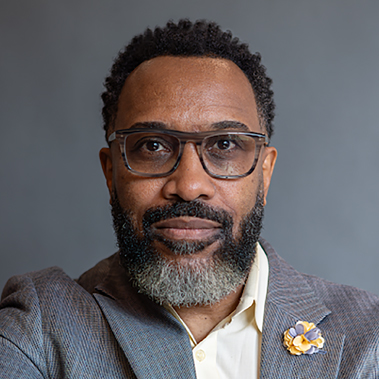So what does?
A quick Google search on “the best leadership skills” will give you an overwhelming number of lists that are all slightly different, but they do have one thing in common; the ability to connect with other humans. Take emotional intelligence. If someone has a high EQ, they have the capability to truly listen to someone’s feelings and offer support during difficult times. Another popular skill is the ability to give direction effectively, which requires understanding how the other person needs to receive information. Having emotional intelligence and giving clear direction require you to connect with another person. In closely examining Coach Prime’s career you can see he is more than a superstar athlete. He is a true leader in how he connects with his team, and for that, people in management positions should take note.
If you want to build a closer connection with your team that will drive performance and cultivate long term success, follow these tips to construct your inner Coach Prime
- Authentic Confidence
- Sanders has the ability to spread his own personal confidence like wildfire across teams. His belief in himself inspires those around him to believe in themselves, even in the face of failure and adversity. He is famous for his quote “Don’t allow my confidence to offend your insecurities.”
- Tips for Inspiring Confidence
- Get in the habit of openly sharing the strengths you see in others. If you see it, say it. Don’t do so in a flattering way, be specific when you deliver these compliments.
- Emphasis on Culture
- The day Prime entered Colorado he created a set of standards and values that the team needed in order to come together. He insisted on teamwork and placed emphasis on playing for each other. His teams are not a collection of superstars, but several individuals with talent that utilize one another to optimize performance.
- Tips for Developing a Strong Culture
- Be sure that your team has a set of internal values that are respected and frequently talked about. Too often values become words on a wall and lose their strength after a few short weeks. To avoid this, be sure to mix in conversations with your team about how they have exemplified the team values and quickly respond to behaviors that are contradictory.
- Clear Communication
- Sanders is not one to shy away from direct communication. He is sure to articulate the team mission and how each member plays a role in achieving that goal. Feedback is an expectation on his teams and he delivers it in a way that can be heard.
- Tips for Communicating Effectively
- Always be sure to speak to an individual in a way that they can hear you. There are sensitive conversations that will require more tact than a good old fashion butt chewing. If you want something done right or a problem to be resolved, understand who you are talking to and the circumstances surrounding the need for the conversation.
- Optimizing Setbacks with Accountability
- Sanders chooses to believe that poor performances are flukes and not indicators of true capabilities. He accepts them as lessons learned, but encourages his team to see their best performances as authentic. He does not allow himself or anyone else on his team to shy away from mistakes, but instead shines a floodlight and forces accountability.
- Tips for Overcoming Setbacks
- Let’s be real. We are humans, which means we are all capable of mistakes AND have the ability to learn. Do not allow an employee to sulk in their mistake for too long, encourage them to get up and try again in a different way.
An example that encapsulates all of these qualities is a correspondence he had with one of his recently injured players, Travis Hunter, who was insisting on playing in the next game. Deion’s response read, “…You are going to change the game of football when you are healthy and ready. Your future is brighter than mine ever will be and ever was. Relax and get healthy. I love you, son.” And to his whole team while addressing this issue, “I care about y’all more than I care about this game, but I want you to learn throughout this game and through our trials and tribulations who you are.”
The message he sent to his team when he refused to play one of his best players was that he had confidence in his roster. The team does not need Hunter on the field to be successful, that the team has the right players to fill any gaps that pop up. Sanders reiterated the cultural value in teamwork and how each player is responsible for performing for one another, not just themselves. Right now, the best way Hunter can support his team is by putting his all into rehabilitation. Not once in his communication with the team did he use obtuse language. He was direct. Hunter will not play. He loves his team. His players are worth more than the game itself. Period. Regardless of the setback from Hunter’s injury or the painful loss to Oregon, Sanders did not once offset blame. Blame was not placed on Hunter not playing or any other singular factor. Coach Prime accepted accountability across the board and chose to take it as a learning experience, not an indicator of authentic performance.
Authored by: Alex Neagoe, Performance Coach















0 Comments